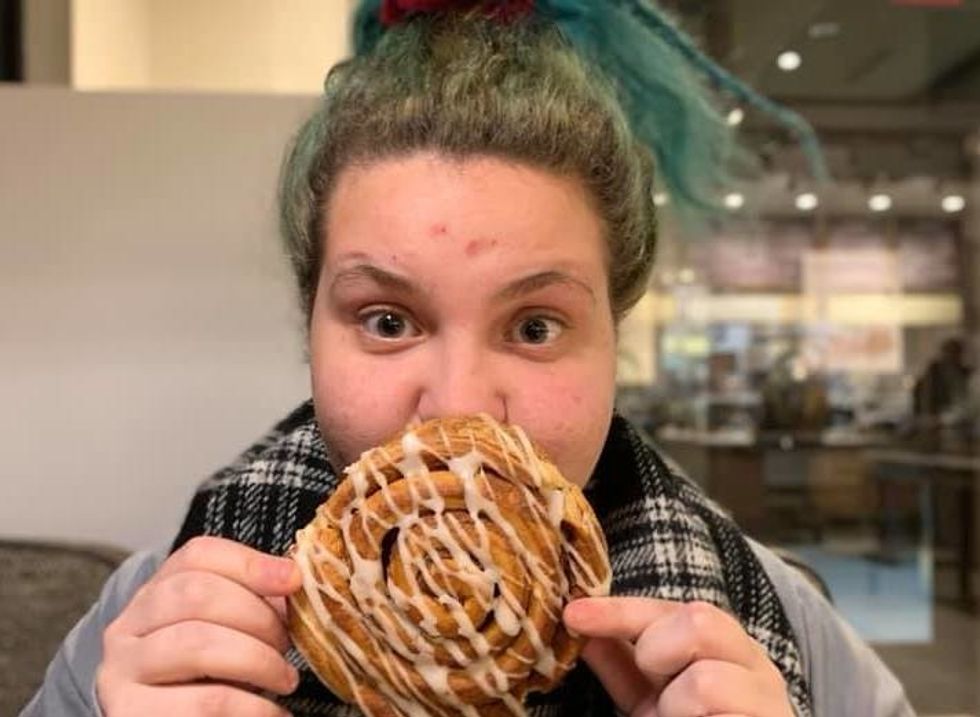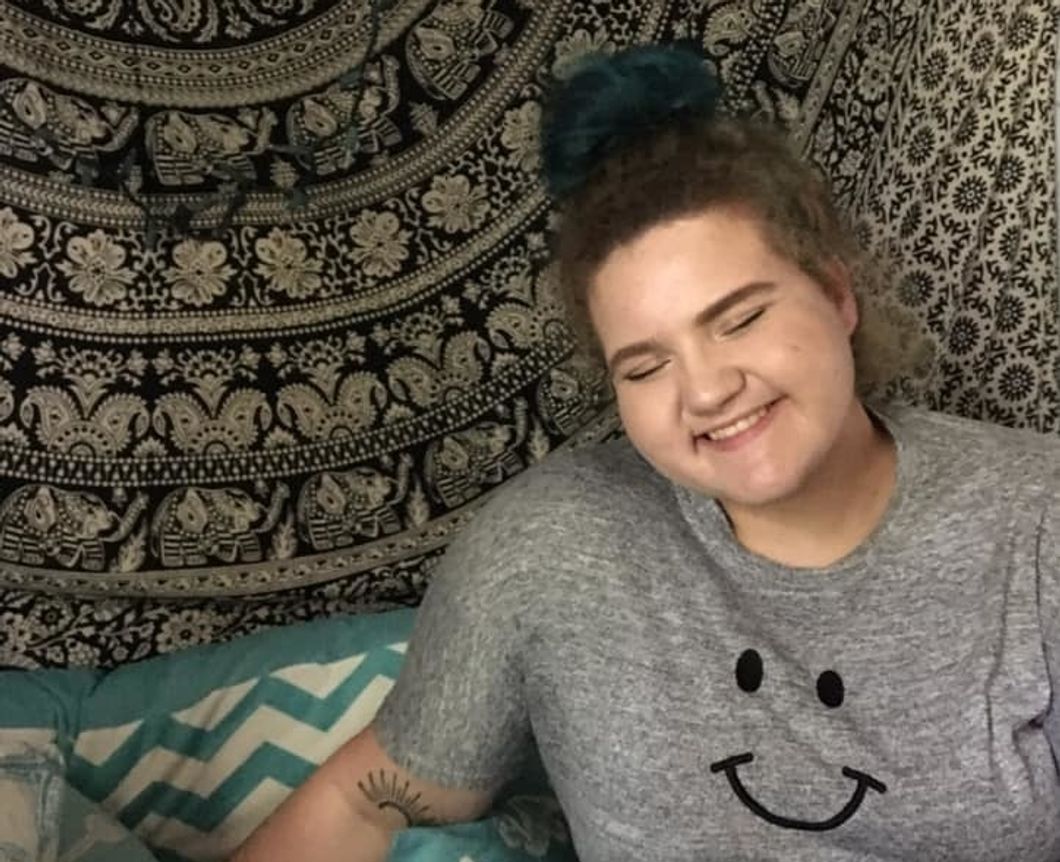To the one who still misses their eating disorder sometimes,
Eating disorders are the most deadly mental illness (aside from deaths caused by opioid addiction) and consume an entire life with their miserable nature.
Recommended for you
But these are things you already know.
I'll bet you've spent a lot of time learning just how much other than the weight you lose when an eating disorder enters your life — all time missed hanging out with friends and family, vacations skipped, money lost, opportunities faded away. Slowly but surely, your life and worldview narrows until it's just you and the eating disorder. I've been there too.

But what I also know is that the eating disorder serves a purpose. An important one, or else we wouldn't put up with all of the negative effects for so long. My eating disorder served to numb me after multiple heartbreaks, traumas, and losses. It allowed me to survive (even though I wasn't living) through intense emotional pain. It gave me a friend in my loneliest moments, a false sense of self-worth and purpose, and a release when the stress got to be too much.
And these things are what makes eating disorders so hard to let go of, even after years in recovery.
Because it's so easy for something so small like a friend canceling dinner plans or an extra busy week to make that eating disorder in the back corner of your mind perk up. And you know what? That's normal.
It can be really hard to find yourself fantasizing about your life wrapped around your eating disorder.
This can come with a lot of feelings of guilt and shame over the sheer contradictory nature of it all — why do I still find myself wanting my eating disorder when it destroyed me? But it is normal and natural for your brain to go to eating disorder behaviors when it experiences distress — you have spent time building these neuropathways, they will not change overnight. Give yourself grace.
Maybe you're struggling with the feeling that this healthy body is temporary or want to show others that you're struggling.
You may be going through a hard time and miss the numbing effect an eating disorder can bring. But, eat your food, feel your feelings, and use your words, because although it is natural to feel nostalgia toward your eating disorder, feelings don't get to dictate your actions anymore.

All this isn't to say that because eating disorders "work," they're good.
Obviously, they are extremely detrimental to mental, physical, emotional, spiritual, and financial wellbeing. But in trying to make them the complete enemy, we often miss the message they are trying to tell us. In reality, eating disorders are often a resilient attempt at coping with trauma, regulating emotions, creating an identity, etc. Instead of continuously cursing your eating disorder, we should try asking, "What are you attempting to help me with?" in order to find healthier, alternative ways to cope with what we tried to use our eating disorder for. Even the self-destructive parts of ourselves are ultimately there for self-preservation.
Keep going, dear one.
Even on the days where the eating disorder is loudly knocking on the door to let it back into your life, I hope you find the bravery to lock the deadbolt. Because, as a friend in treatment once told me, "While the pain of recovery might be hard now, it's nothing compared to the pain you would feel at the end looking back on your life and realizing you spent it all wrapped around your eating disorder."


















